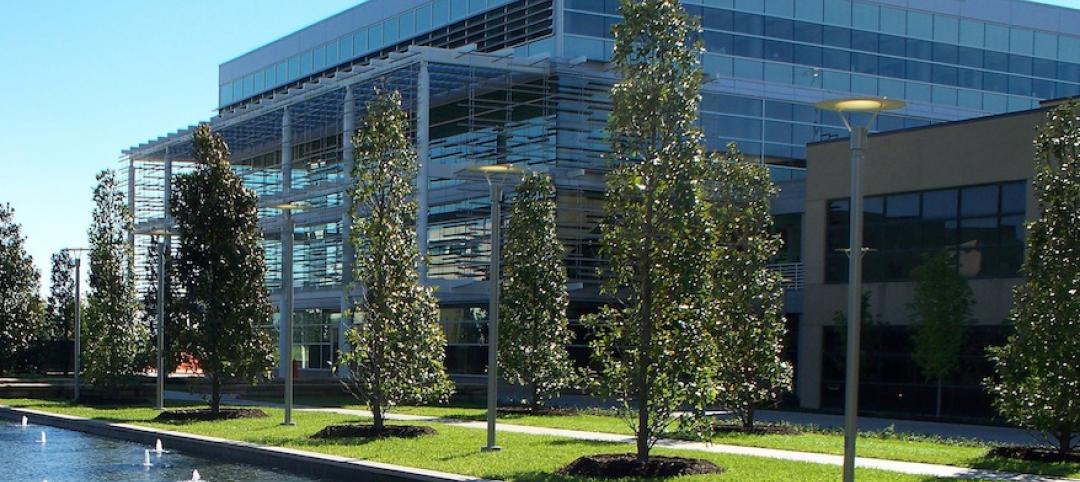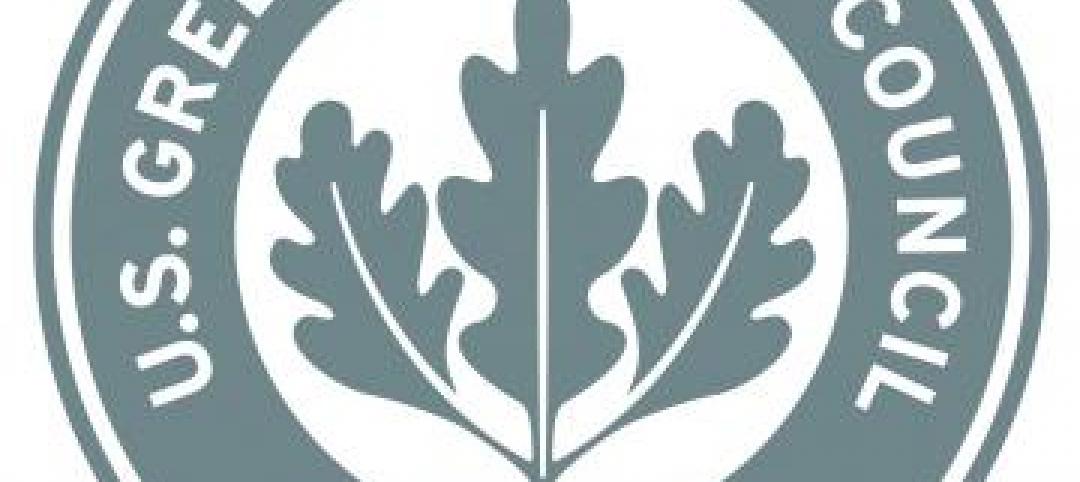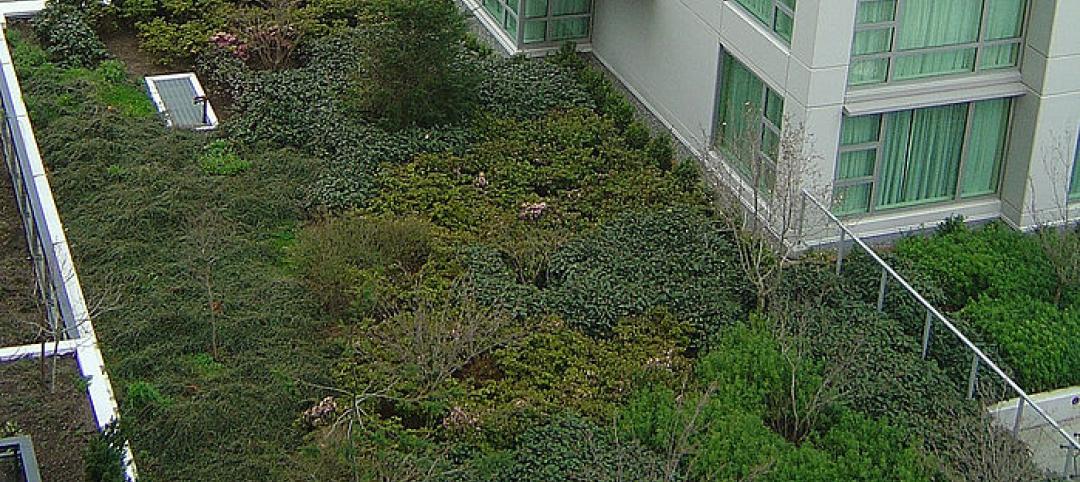The Washington D.C. Council recently passed legislation that will make it more expensive for owners to hold vacant or blighted property.
The Vacant Property Enforcement Act of 2016 reduces the maximum amount of time a vacant property can qualify for an exemption from higher vacancy tax rates. It also closes a loophole that allows continuous renewal of construction permits to qualify for tax exemptions, and require owners of vacant properties to prove they are no longer subject to the higher tax rates.
"The District has a substantial number of vacant properties, many of which are poorly maintained,” the bill report says. "Property owners may keep their properties vacant or fail to maintain them because they expect property values to rise over time. Poorly maintained and vacant properties can damage surrounding communities by being eyesores, by serving a venue for drug use and by providing a home for rodents or other animals. The net effect is to reduce the feeling of a cohesive community and depress surrounding property values."
The legislation reduces the time an owner can claim an exemption from higher taxes because of construction to one year for residential properties and to two years for commercial properties. Fines for failing to comply with city property regulations will rise from $1,000 to $5,000.
Related Stories
| Feb 7, 2014
ASHRAE releases new refrigerant standards
The 2013 editions of ASHRAE’s major refrigerants-related standards, incorporating 41 new addenda, have been published.
| Feb 7, 2014
Ohio legislature moves to bar LEED standards on state projects
The use of LEED standards is being barred for public construction in Ohio under a state senate resolution.
| Jan 31, 2014
Center for Environmental Innovation in Roofing releases solar panel racking criteria for asphalt shingle roof systems
The Center for Environmental Innovation in Roofing’s PV Taskforce is releasing the first public draft of PV Racking and Attachment Criteria for Effective Asphalt Shingle Roof System Integration for an initial round of public comment.
| Jan 31, 2014
Developers are exceeding LEED standards for marketing purposes
Using LEED certification as a marketing tool is perceived by developers to be a successful tool, and this has pushed them to go above the minimum requirements at each level of certification, according to a study in the Environmental Science & Technology journal.
| Jan 31, 2014
OSHA extends feedback period for disclosure of workplace injuries proposal
The Occupational Safety and Health Administration said it would extend the comment period for a proposal that would require employers to submit electronic reports of workplace injuries and illnesses.
| Jan 31, 2014
DOE releases new efficiency standards for halide lamps
The Energy Department has finalized new energy efficiency standards for metal halide lamp fixtures, which are used in lighting for big box stores and parking lots.
| Jan 31, 2014
New LEED online platform now available for LEED v4 projects
LEED v4 projects will be the first to experience the new LEED Online platform with streamlined documentation and processes.
| Jan 26, 2014
New York extends, enhances tax abatements to promote green roofs
The expansion of a tax-abatement program for green roofs under New York state law doubles the previous maximum benefit of $100,000, adds new plant species to the list of those applicable for the tax break.
| Jan 23, 2014
Washington state micro apartment law prompts fire safety concerns
Proposed legislation to further regulate the building of micro apartments has triggered appeals from community activists concerned that fire safety standards are sub-par.
| Jan 23, 2014
Pennsylvania owes school districts $1B for construction projects
The Pennsylvania Department of Education owes about $1 billion to numerous school districts for about 350 state-approved renovation and construction projects.













